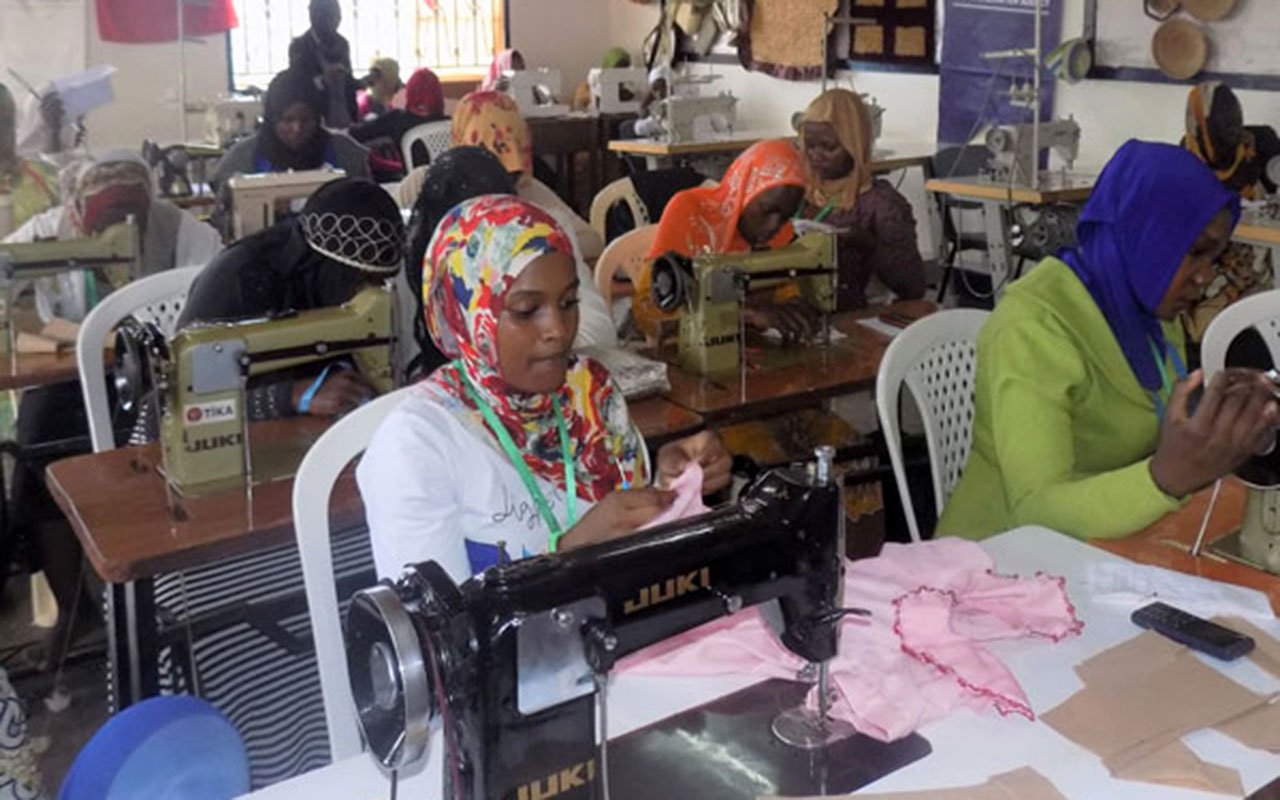Prime
Afcon 2027: Consider waivers for investors

Mr Immanuel Ben Misagga is a football investor and businessman.
What you need to know:
- Government support is pivotal in elevating these venues to international standards,but the collaboration must go beyond financial contributions.
Afcon 2027 may be four years away, which on paper looks like a long time. In reality, we are already in a race against time for Uganda to be ready to co-host the tournament along with Kenya and Tanzania under the Pamoja umbrella. Given that 24 nations in six groups will be participating in the tournament, logic suggests Uganda will host at least two round-robin groups, which means seven teams will be based here.
Of the three hosts, Tanzania is the best prepared, with at least a dozen stadiums that can host 20,000 fans. In fact, their 60,000-seater Benjamin Mkapa stadium in Dar es Salaam, Tanzania, as well as the CCM Kirumba stadium in Mwanza, only need a little refurbishment to be ready for Afcon. Yet Tanzania’s head of state Samia Suluhu Hassan took only two days after the Pamoja bid announcement to direct their ministry of Culture, Arts and Sports to start planning for the construction of two new state-of-the-art stadiums for Afcon 2027.
It is imperative for the government to follow the Tanzanian lead and be decisive if Uganda is to shine on the continental stage. The need for top-tier infrastructure, impeccable hospitality, and a tourism experience befitting Afcon is paramount. In light of this, I advocate for a strategic approach: the government should waive taxes on football investors and forge public-private partnerships (PPPs) to reach Afcon level.
In 2007, Uganda hosted the Commonwealth Heads of Government Meeting (CHOGM). A crucial element in this success story was the government’s decision to waive taxes for investors.
To juxtapose CHOGM with Afcon 2027, football investors who will play a pivotal role in the latter’s success, including investors in stadium infrastructure, hospitality, tourism and related amenities, should be given an incentive through tax waivers.
By doing so, the government doesn’t just attract investments; it demonstrates a commitment to creating an environment conducive to fostering international events because Afcon stadiums can be a springboard for Uganda hosting many other international events.
I strongly propose that the government engage in public-private partnerships (PPPs) with investors to ensure that the stadiums not only meet Afcon standards but become enduring assets for the nation. Government support is pivotal in elevating these venues to international standards, but the collaboration must go beyond financial contributions. By entering PPPs, the government will ensure that private investors bring not just capital but also expertise and innovation to the table. This synergy creates a sustainable model where the stadiums serve both the immediate purpose of Afcon 2027 and the long-term development of Ugandan football.
Moreover, the government’s stake in these partnerships need not be a passive one. I advocate for a 49 per cent ownership to ensure that the facilities align with the international standards.
In this case, if all goes to plan with the PPPs, infrastructure is not solely about the stadiums but an ecosystem that fosters the smooth running of the Afcon. For instance, why not create an exit route off the Entebbe expressway to Kitende stadium? This seemingly small step can address a significant logistical concern by ensuring the ease of movement for teams, officials and fans.
In all this, the success of Afcon 2027 is not just about the matches played on the pitch; it’s about showcasing Uganda’s capability to the world. The government’s role is pivotal in creating an environment where investors are incentivized, infrastructure is top-notch and the entire experience is nothing short of spectacular.
Mr Immanuel Ben Misagga is a football investor.




